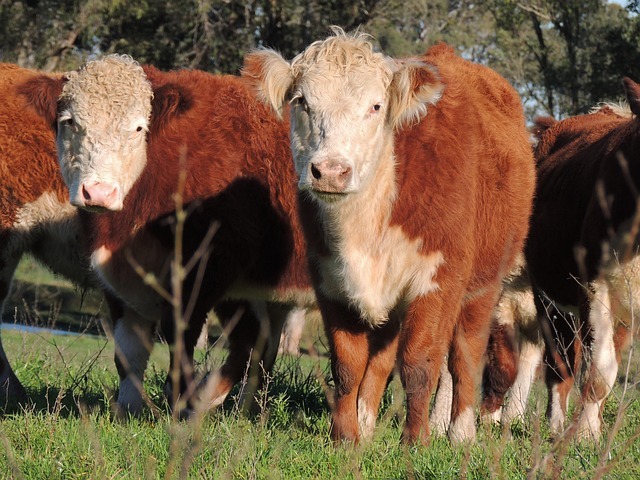AI Overview
Check important info. Learn more
Hypochlorous acid (HOCl) is gaining traction in animal husbandry for its broad antimicrobial, antiviral, and antifungal properties, making it a versatile tool for various applications. It is used for wound care, skin and surface disinfection, and even as a drinking water disinfectant in poultry production. Its safety and effectiveness make it a popular choice for both livestock and companion animals.
Here’s a more detailed look at the applications:
1. Wound Care:
- HOCl is effective in cleaning and debriding wounds, promoting natural healing processes in both acute and chronic wounds.
- It can be used as a standalone treatment or as a supplement to antibiotic regimens, reducing side effects and improving healing times.
- It is gentle enough for use in sensitive areas like the eyes and ears.
2. Skin and Surface Disinfection:
- HOCl can be used to disinfect skin and surfaces in animal enclosures, including those for poultry and other livestock.
- It can be sprayed directly onto animals without needing to be rinsed off.
- It is effective against a wide range of pathogens, including bacteria, viruses, and fungi.
3. Drinking Water Disinfection:
- HOCl is a safe and effective disinfectant for drinking water in poultry and other livestock, helping to maintain water quality and prevent disease outbreaks.
- It is a good alternative to chlorine dioxide or sodium hypochlorite, especially where continuous disinfection is critical.
4. Other Applications:
- HOCl can be used to eliminate pet odors by neutralizing odor-causing compounds on surfaces and fabrics.
- It is safe for use in cleaning grooming tools and pet accessories, ensuring thorough rinsing and drying before reuse.
- In the equine industry, HOCl is used as an alternative to traditional disinfectants like bleach, as it is non-toxic and safe for use on animals.
- It can be used in veterinary settings for eye and ear care, helping to prevent infections and relieve inflammation.
Safety and Sustainability:
- HOCl is generally considered safe for animals and humans, with a low risk of irritation or toxicity.
- It breaks down into saltwater after use, making it an environmentally friendly option.
- It is effective even at low concentrations, making it a sustainable choice for various applications.




